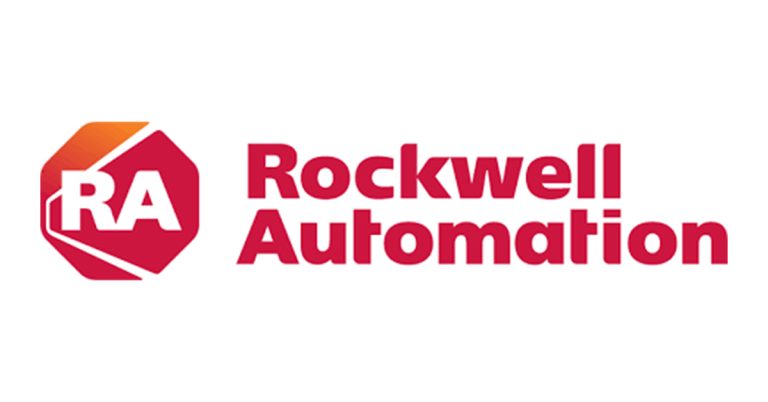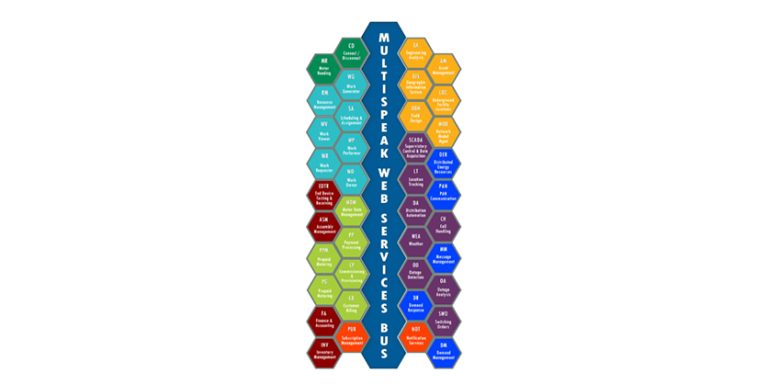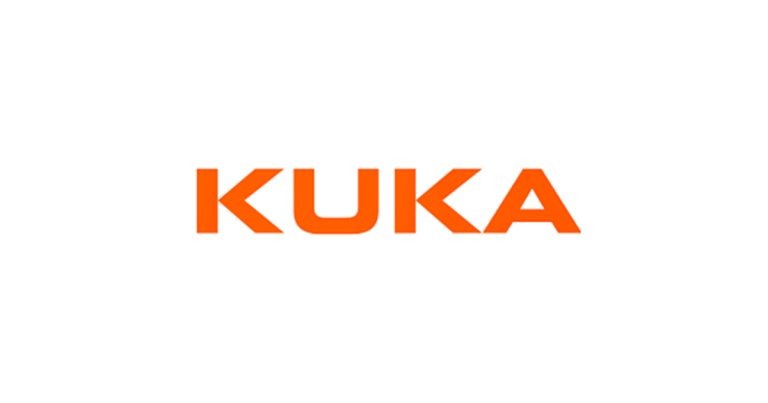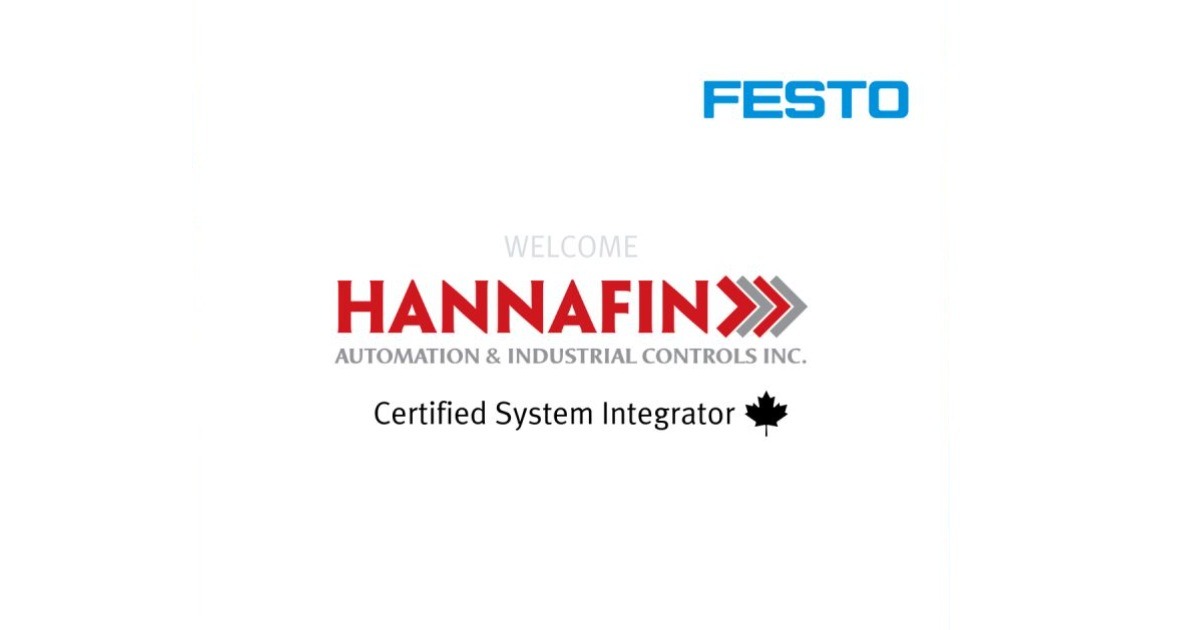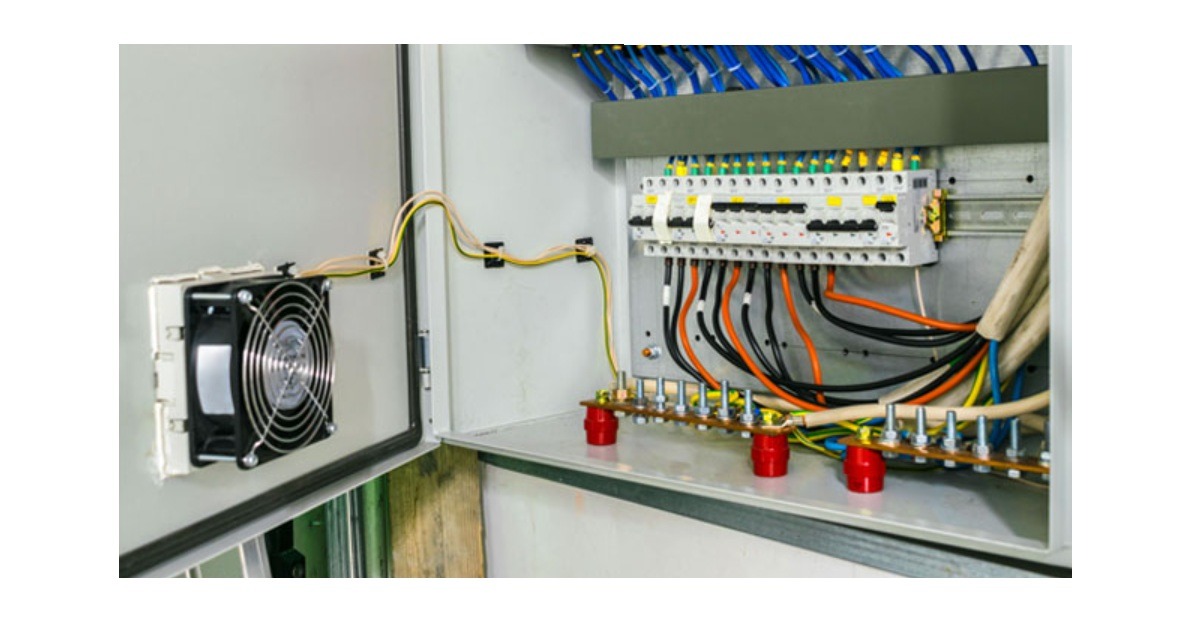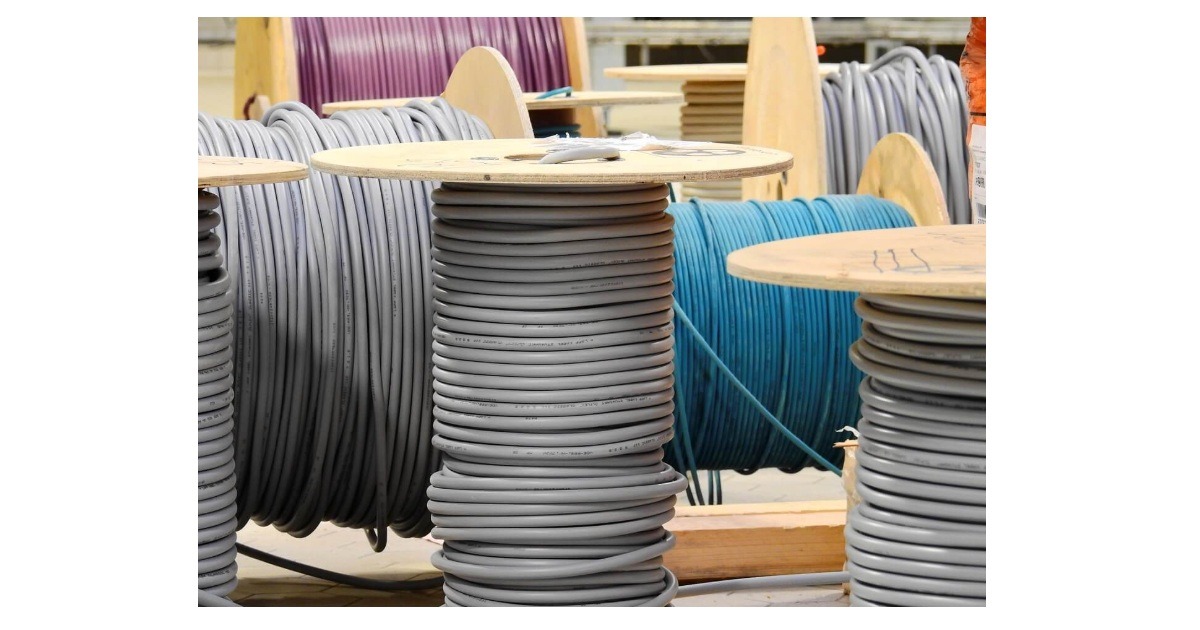The Industrial Internet of Things (IIoT), Cybersecurity and Manufacturing

December 20, 2017
Industrialized nations are being influenced by transformative forces creating what many are calling “The 4th Industrial Revolution,” also referred to as Industry 4.0, Industrial Internet of Things (IIoT), and Smart Manufacturing.
Companies all over the world are investing in this digital industrial future in an effort to establish themselves as a leader in IIoT enabled productivity. Indeed, these heavy investments—in developments such as analytics software, machine learning capability, and 3D printing—can help ensure industry can set new expectations for the speed and cost of manufacturing.
The machines so prevalent in the manufacturing sector are becoming part of electronically-connected systems that can communicate wirelessly. An effective manufacturing model should seamlessly incorporate all of these connected systems into a user-friendly digital space, while maintaining safe and secure operations. While this new reality of digitized manufacturing brings incredible opportunity for increased efficiencies and cost savings, it also brings significant safety and security concerns.
Some of the cornerstones of IIoT are also the ones that bring the most risk—multiple innovative moving parts, multiple stakeholders, partnerships spanning time zones and jurisdictions, and remotely controlled operational activities. Companies still need to keep their workers safe, their machines performing efficiently, their intellectual property well protected, and their sustainability goals within reach. Implementing strategies early in the production cycle is key to getting products to intended markets safely and securely. Functional safety and cybersecurity measures should be included in these strategies.
Functional Safety
The performance of safety-related products and systems must be more than just functional—it must be reliable and safe. Fast and efficient safety and evaluation services, as well as technical guidance, support and training for functional safety, is essential.
When an operation failure of a safety-related system could harm people, property or the environment, functional safety is the undisputed top priority. CSA Group provides functional safety evaluation and certification services for products and systems, Functional Safety Management (FSM) certification, and technical support and training. We utilize the CASS Scheme (Conformity Assessment of Safety-related Systems) to perform our certifications to ensure transparency throughout the process, minimize costs for clients and provide assistance in preparing the necessary technical files.
Cybersecurity—An Extension of Functional Safety Evaluation
The technology and standards around cybersecurity are still evolving in an effort to keep pace with the sophisticated and complex form that cyberattacks often take. A comprehensive set of evaluations and tests can help ensure an automated, safety-related device or system operates correctly in response to its inputs, protecting operators and/or property and the environment from any hazard.
Cybersecurity analysis and testing should be performed by qualified third-party testing organizations as part of the overall product functional safety evaluation. Cybersecurity Evaluation parallels the Functional Safety Testing and Certification process, assessing the security of the product development process as well as the implementation of security measures in the product itself.
The Cybersecurity Evaluation process typically includes the following analyses and tests:
• Gap Analysis and Risk Assessment. Analyses of the supplier’s Information Security Management System (ISMS) and Security Development Lifecycle (SDLC) are performed to identify strengths, weaknesses, and recommend any procedural and policy changes that should be addressed in order to support a secure SDLC process and demonstrate supplier due diligence in mitigating security risk. This analysis and the resulting recommendations are designed to identify and address security threats early in the product life cycle, before devices enter production.
• Vulnerability Identification Testing (VIT). The objective of VIT is to ensure that connected devices are free from known vulnerabilities. Security weaknesses are defined and detected and the effectiveness of proposed countermeasures is forecast so actual effectiveness can be evaluated upon implementation. Vulnerabilities are analyzed to determine their impact on applicable functional safety requirements, which are established as part of the overall Functional Safety Testing and Certification process.
• Penetration Testing. Penetration testing evaluates the security of a connected system by attempting to exploit potential vulnerabilities. This internal testing of the system, network or software helps identify security weaknesses so they can be fixed before being exposed to an actual attack. Effective penetration tests are designed to simulate an attack involving a specific objective. The test findings reveal how security was breached so appropriate preventive counter measures can be adopted.
• Communication Robustness Testing (CRT)—CRT evaluates product resilience when subjected to network stress testing, identifying network-based security vulnerabilities. The test provides a measure of the extent to which network-based protocols can defend themselves against incorrectly formed messages and inappropriate sequences of messages used to attack the system. CRT identifies the presence of common programming errors and known denial of service vulnerabilities specifically for networking protocols, which impact the robustness of embedded devices that use those protocols.
Clearly IIoT offers immense untapped opportunities for the manufacturing sector. However, greater connectivity and data sharing comes with greater threat of breach and tampering and more complex projects pose higher risks of costs due to delays, mistakes and omissions at the planning stage. Addressing safety and security early can help ensure compliance at the time of product launch and potentially mitigate serious threats to safety, security and ultimately success.
CSA Group’s aim is to provide its customers with services to help them reach their markets faster. Visit www.csagroup.org for more information.
To view more articles from CSA Group visit the Safety & Sustainability Centre.


